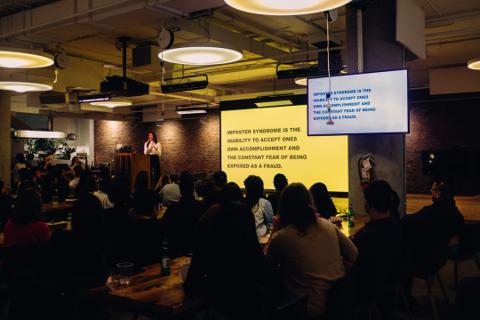Executive MBA
The MBA is widely regarded as the leading qualification for professionals in management. Built to drive your success, it equips participants with an in-depth understanding of contemporary business practices and develops distinctive, forward-thinking leaders. This programme not only provides a solid overview of global business but also strengthens your skills and knowledge, offering a deeper grasp of the complexities of today’s business environment. Recognized internationally as the benchmark for management education, the MBA delivers a demanding yet rewarding postgraduate journey where participants learn alongside other seasoned managers and professionals, sharpening their effectiveness as leaders.
What sets this MBA apart is its applied focus, designed to help executives reignite their careers and take on challenges across both local and international contexts. Rather than ending with a traditional dissertation, participants complete an applied business project tailored to address a real-world need in their current company or to prepare for their next entrepreneurial venture. This ensures immediate relevance and practical impact.
The executive structure of the programme is specifically tailored to experienced professionals who value a hands-on approach to business leadership. The “Applied Leadership” module enables students to engage directly with established CEOs and senior executives, gaining insight into what it takes to run a thriving business. In addition, the business project gives participants the opportunity to apply their learning directly to a live enterprise, whether by strengthening an existing organization or launching a new initiative.
The MBA experience is enriched by its strong international dimension, drawing on a global student body and a faculty of highly qualified experts, ensuring participants gain perspectives and practices that extend far beyond borders.

Programme Duration
Flexible study options allow completion in as little as 12 months or up to 5 years, depending on individual pace and commitments.
Mode of Delivery
Delivered entirely online through OnlineCampus, our dynamic virtual learning platform that fosters interactive discussions and collaborative learning with peers and faculty.
Intakes & Registration
With rolling admissions available year-round, you can apply at any time and start your studies without delay.
Admission Criteria
We encourage applications from individuals who may not strictly meet the formal entry requirements but can demonstrate relevant professional experience or the potential to succeed on the programme.
Standard entry requirements include:
- A bachelor’s degree with at least a 2:2 classification (or equivalent).
- A minimum of five years of relevant professional experience.
- Proof of English proficiency at IELTS 6.5 overall, with no component below 5.5.
However, we also welcome applicants who can provide evidence of equivalent learning or experience in place of formal qualifications.
Examples of equivalent evidence include:
- A portfolio of professional qualifications and/or substantial work experience.
- Prior study or employment in English or within an English-speaking context.
Applicants who do not fully meet the formal requirements may still be considered if they can demonstrate, during the admissions interview, the motivation and capability to successfully complete the programme.
